Round-up – Alternative Christmas Classics
Ten not-so-tinselly titles for December
On Friday we start reading The Thin Man, our Christmas read-along.
To mark the advent of Advent, here is a round-up of ten Christmas classics, all of which take somewhat unexpected approaches to the festive season. Here you will find angst, anguish, ennui, explosions, omens, fear, regret and senility . . .
Ending Up by Kingsley Amis (1974)
At Tuppenny-hapenny Cottage in the English countryside, five elderly people live together in rancorous disharmony. Adela Bastable bosses the house, as her brother Bernard passes his days thinking up malicious schemes against the baby-talking Marigold and secret drinker Shorty, while kindly George lies bedridden upstairs. The mismatched quintet keep their spirits alive by bickering and waiting for grandchildren to visit at Christmas. But the festive season does not herald goodwill to all at Tuppenny-hapenny Cottage. Disaster and chaos, it seems, are just around the corner . . .
UK: Penguin Modern Classics | 129 pages
US: NYRB Classics | 136 pages | introduced by Craig Brown
On Leave by Daniel Anselme (1957)
First published in Paris in 1957, as France’s engagement in Algeria became ever more bloody, On Leave received a handful of reviews and soon disappeared from view. Through David Bellos’s translation, this lost classic was rediscovered in 2014. Spare, forceful and moving, the novel describes a week in the lives of a sergeant, a corporal and a private, home on leave in Paris over Christmas. Full of sympathy and feeling, informed by the many hours Daniel Anselme spent talking to conscripts, On Leave is a timeless evocation of what the history books can never record: the shame and terror felt by men returning home from war.
UK: Penguin Modern Classics | 224 pages | translated by David Bellos
US: Farrar, Straus and Giroux | 224 pages | translated by David Bellos
The Birds of the Air by Alice Thomas Ellis (1980)
Mary Marsh has lost her only child, but rather than allow her peace in which to grieve, her mother cajoles her into participating in a proper family Christmas. As the various guests arrive, Mary’s sister Barbara, Barbara’s children and husband, Barbara’s lover, Barbara’s husband’s lover (“the Thrush”), Vera and Dennis the neighbours, a grown cat and a kitten, the house descends into farcical chaos.
UK: Corsair | 160 pages
Mistletoe Malice by Kathleen Farrell (1951)
The fire is on, sherry poured, presents wrapped, and claws are being sharpened. In a seaside cottage perched on a cliff, one family reunites for Christmas. While snow falls, a tyrannical widowed matriarch presides over her unruly brood. Her niece tends to her whims, but fantasises about eloping; and as more guests arrive, each bringing their secret truths and dreams, the Christmas tree explodes, a brawl erupts, an escape occurs – and their ‘midwinter madness’ climaxes . . .
Christmas at Cold Comfort Farm by Stella Gibbons (1940)
The title story describes a typical Christmas at the farm before the coming of Flora Poste. It is a parody of the worst sort of family Christmas: Adam Lambsbreath dresses up as Father Christmas in two of Judith’s red shawls. There are unsuitable presents, unpleasant insertions into the pudding and Aunt Ada Doom orders Amos to carve the turkey, adding: ‘Ay, would it were a vulture, ’twere more fitting!’
UK: Vintage Classics | 320 pages | introduced by Alexander McCall Smith
US: Penguin | 298 pages | introduced by Alexander McCall Smith
The Woman in Black by Susan Hill (1983)
On Christmas Eve, as his family tells ghost stories, Arthur Kipps recalls the time he was summoned to attend the funeral of Mrs Alice Drablow, the sole inhabitant of Eel Marsh House. The house stands at the end of a causeway, wreathed in fog and mystery, but it is not until he glimpses a wasted young woman, dressed all in black, at the funeral, that a creeping sense of unease begins to take hold, a feeling deepened by the reluctance of the locals to talk of the woman in black – and her terrible purpose.
UK: Vintage | 208 pages
US: Vintage | 176 pages
‘The Dead’ in Dubliners by James Joyce (1914)
Joyce’s aim was to tell the truth – to create a work of art that would reflect life in Ireland at the turn of the last century and by rejecting euphemism, reveal to the Irish the unromantic reality the recognition of which would lead to the spiritual liberation of the country. Each of the fifteen stories in Dubliners offers a glimpse of the lives of ordinary Dubliners – a death, an encounter, an opportunity not taken, a memory rekindled – and collectively they paint a portrait of a nation. The last, longest and greatest story, ‘The Dead’, set on Christmas Day, was adapted into an Academy Award-nominated film by John Huston, starring his daughter Angelica.
UK / US: Oxford World’s Classics | 352 pages | edited by Jeri Johnson
The Evenings by Gerard Reve (1947)
Twenty-three-year-old Frits – office worker, daydreamer, teller of inappropriate jokes – finds life absurd and inexplicable. He lives with his parents, who drive him mad. He has terrible, disturbing dreams of death and destruction. Sometimes he talks to a toy rabbit. This is the story of ten evenings in Frits’s life at the end of December, as he drinks, smokes, sees friends, aimlessly wanders the gloomy city streets and tries to make sense of the minutes, hours and days that stretch before him.
UK / US: Pushkin Press Classics | 320 pages | translated by Sam Garrett
The Catcher in the Rye by J. D. Salinger (1951)
The story is told by Holden Caulfield, a seventeen-year-old dropout who has just been kicked out of his fourth school. Throughout, Holden dissects the ‘phony’ aspects of society, and the ‘phonies’ themselves: the headmaster whose affability depends on the wealth of the parents, his roommate who scores with girls using sickly-sweet affection. Set over a long weekend before Christmas and written with the clarity of a boy leaving childhood, it deals with society, love, loss, and expectations without ever falling into the clutch of a cliché.
UK: Penguin | 240 pages
US: Back Bay Books | 288 pages
A Maigret Christmas and Other Stories by Georges Simenon (1948-50)
This collection brings together three of Simenon’s most enjoyable Christmas tales, featuring Inspector Maigret and other characters from the Maigret novels. In ‘A Maigret Christmas’, the Inspector receives two unexpected visitors on Christmas Day, who lead him on the trail of a mysterious intruder dressed in red and white. In ‘Seven Small Crosses in a Notebook’, the sound of alarms over Paris send the police on a cat and mouse chase across the city. And ‘The Little Restaurant in Les Ternes (A Christmas Story for Grown-Ups)’ tells of a cynical woman who is moved to an unexpected act of festive charity in a nightclub – one that surprises even her . . .
UK: Penguin Modern Classics | 224 pages | translated by David Coward
What are your favourite Christmas classics? Let me know in a comment below.
The book descriptions above are taken from the publishers’ online blurbs.
Buy a copy of any of these books through Bookshop.org (UK) or Bookshop.org (US) and you’ll not only be supporting independent bookshops, Read the Classics will also earn a commission from your purchase. Thank you in advance for your support!
I send round-ups like this on occasional Wednesdays – and classics recommendations every Monday. If you’d prefer not to receive these emails – but you would like to receive our read-along messages – follow this link to your settings. Under Notifications slide the toggle next to ‘Read the Classics with Henry Eliot’. A grey toggle means you will not receive those emails.



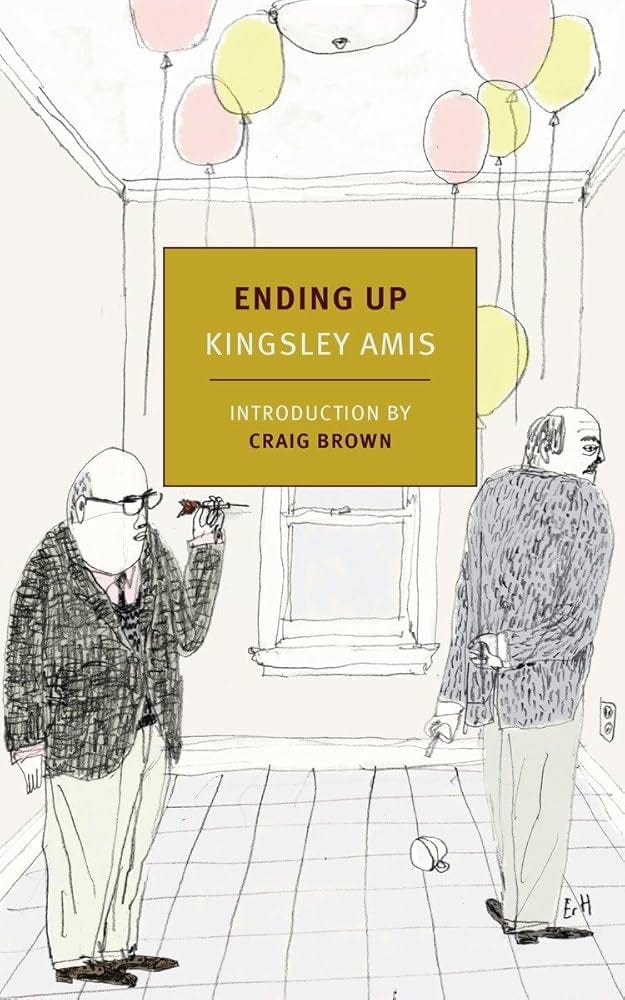
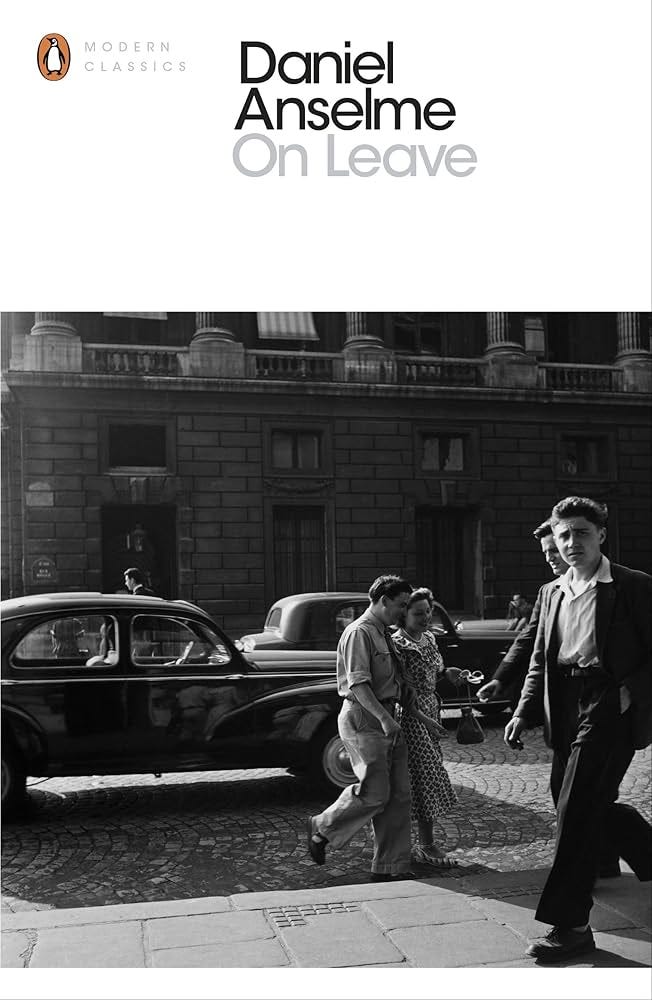
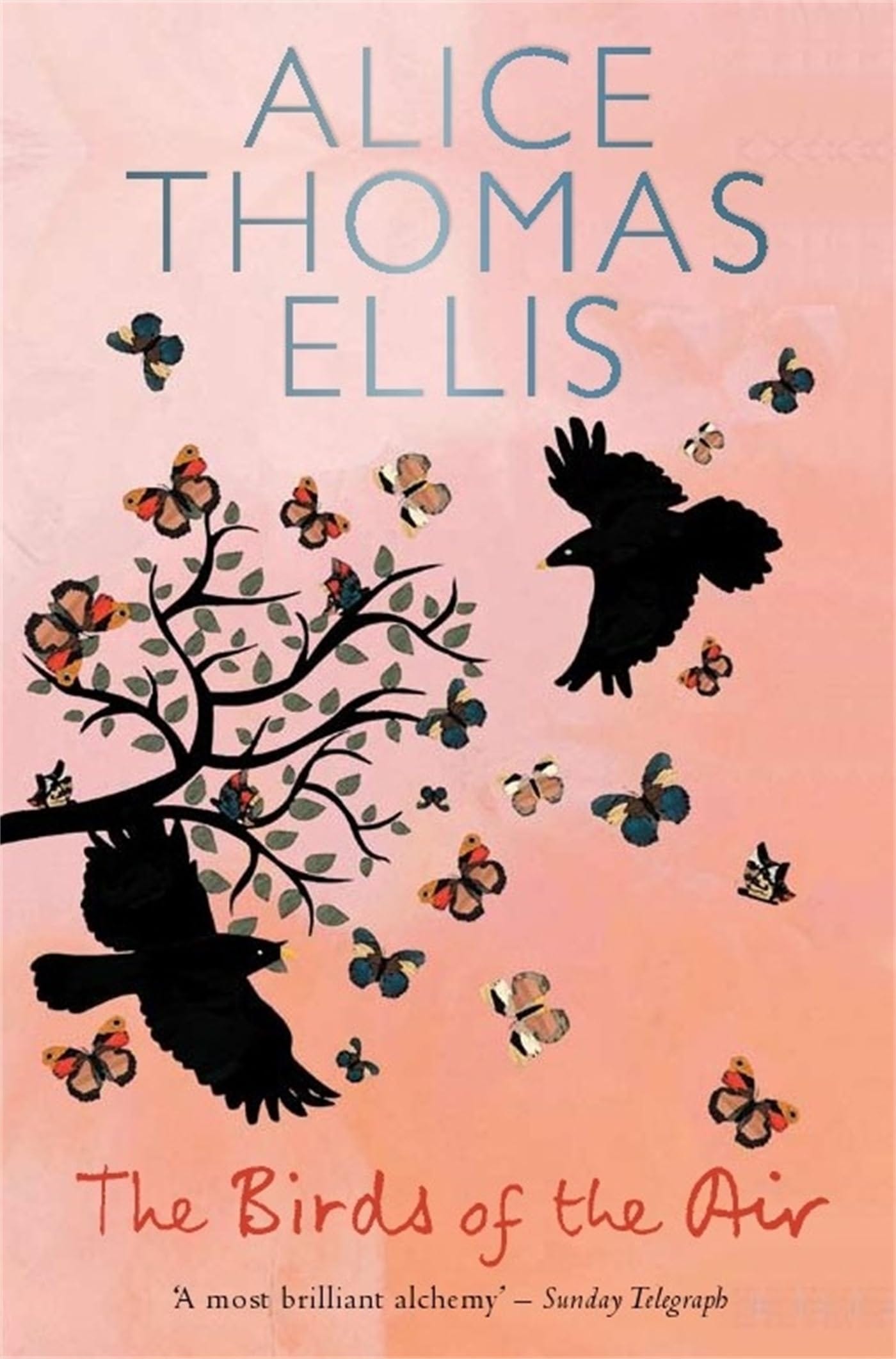
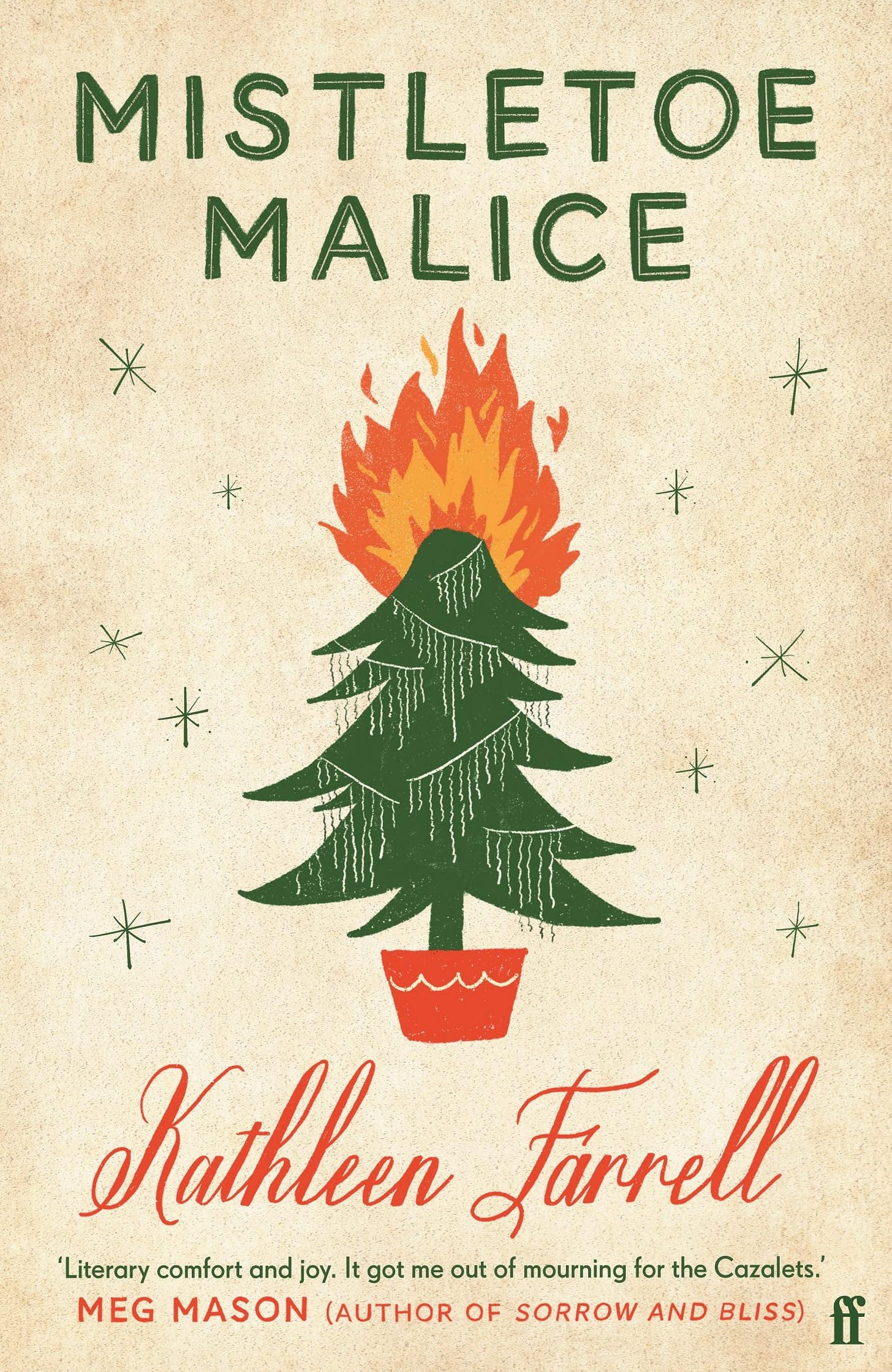
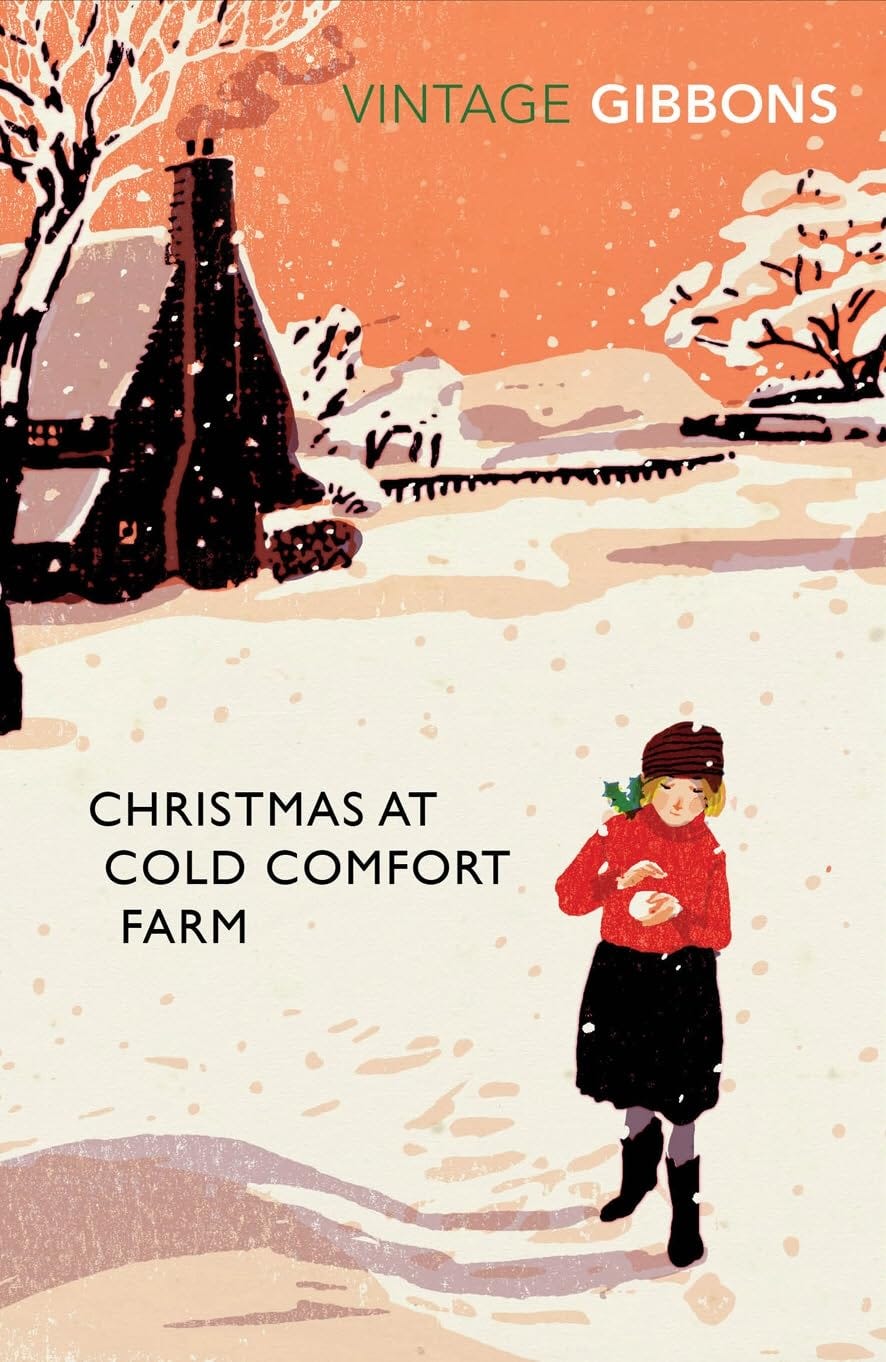
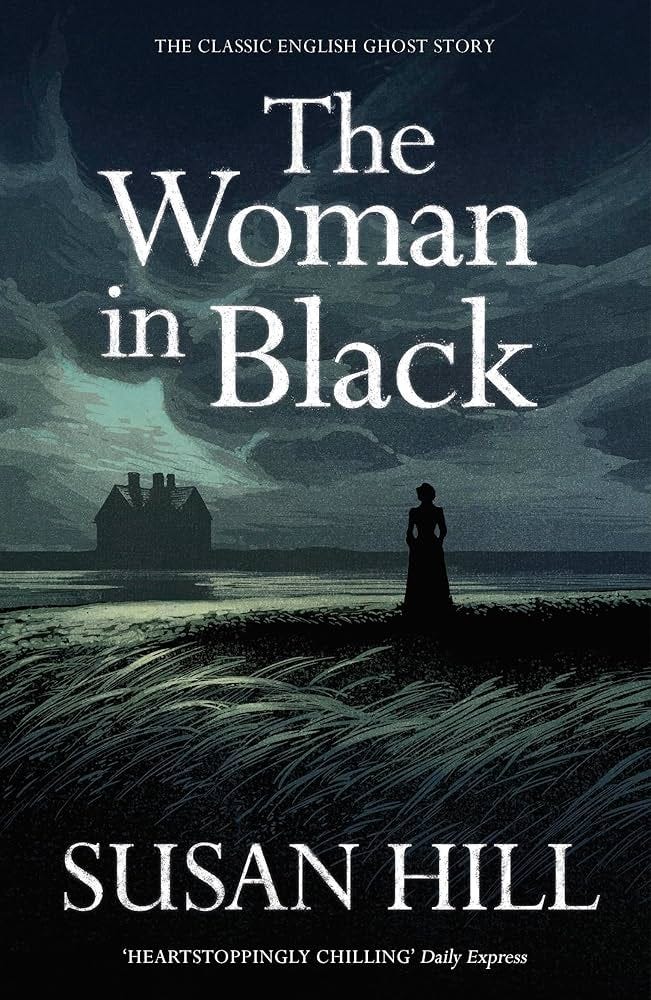
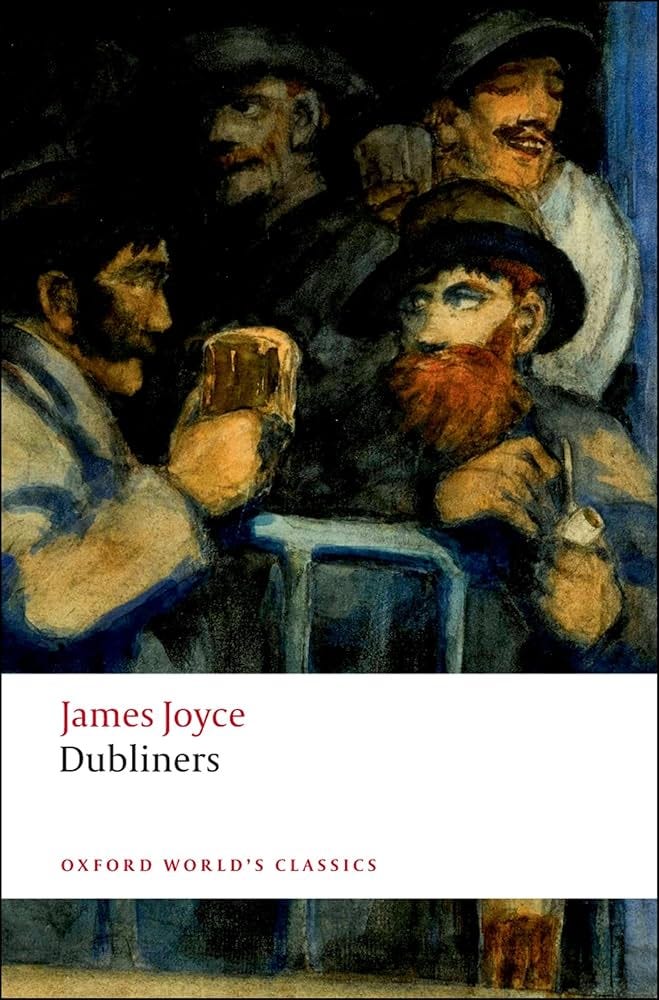
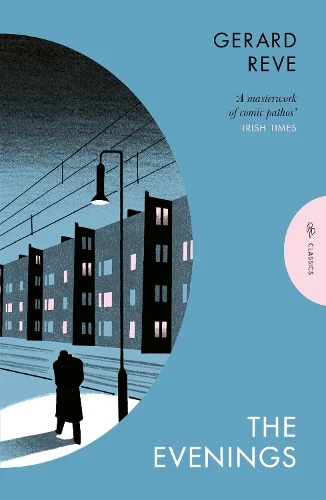
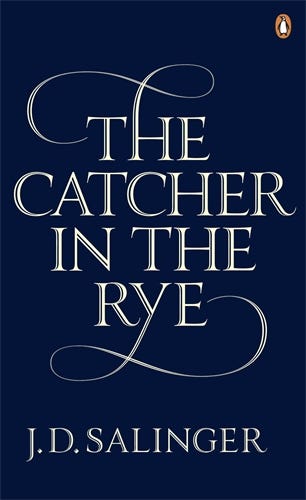
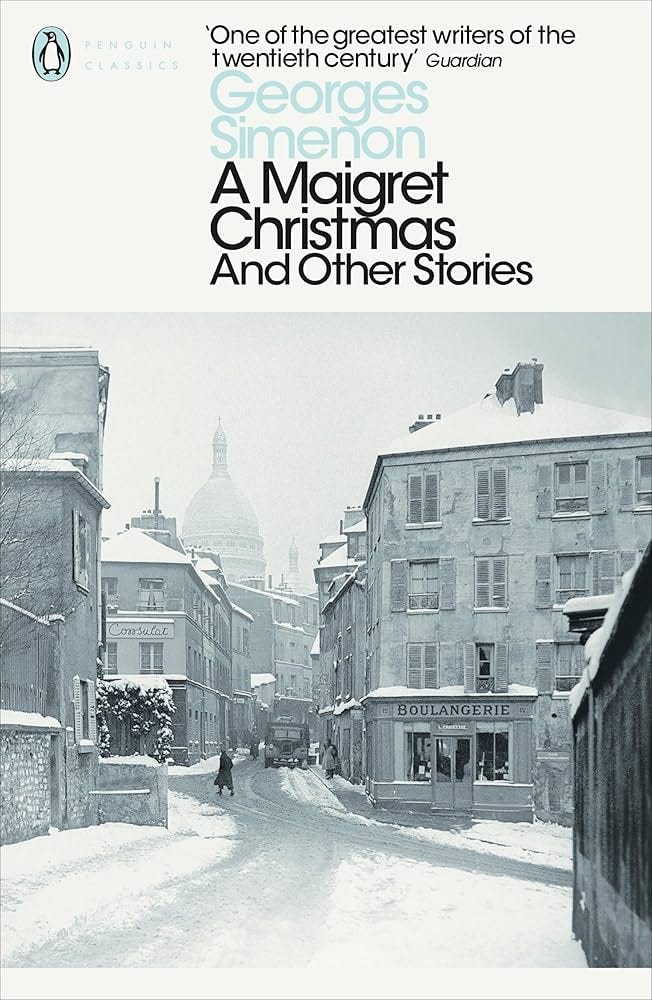
We’re reading Sir Gawain and the Green Knight as our Christmas classic for December!
Seeing The Dubliners on this list surprised me. I had such a hard time with that collection. You are right about it removing all pretense. The dark shadows of reality in his short stories gave me such a sinking feeling. I don’t think I ever made it to “The Dead”!
I love Mistletoe Malice! A family gathering where everyone is truly vile to each other over the holiday. It is perfect. I like to re-read Susan Cooper's The Dark is Rising in the lead up to Christmas too, and Masefield's The Box of Delights. And I'll often get one or to of the British Library Classic Crime series that come out over Christmas. I look for Christianna Brand or John Dickson Carr.